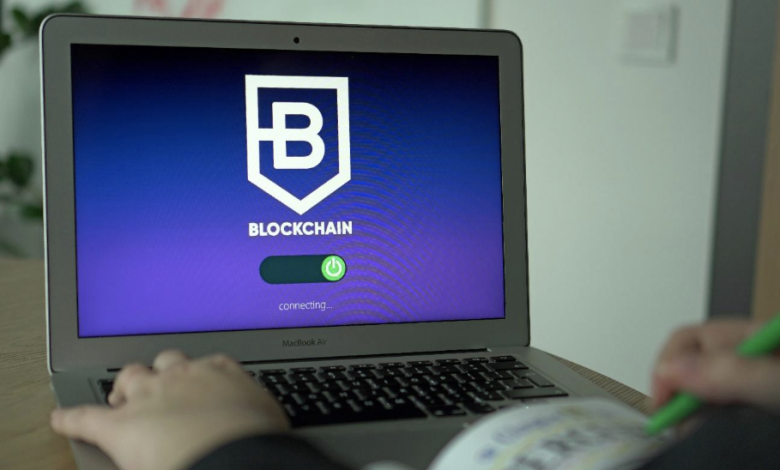
The digital landscape is undergoing a profound transformation driven by the convergence of Artificial Intelligence (AI) and Blockchain technology. Individually, these technologies have reshaped industries; together, they create a synergistic powerhouse poised to redefine the standards of digital security, trust, and user experience in next-generation platforms. AI brings the intelligence, analysis, and automation that blockchain often lacks in handling vast datasets, while blockchain provides the necessary security, transparency, and immutability that centralized AI systems often compromise. This integration is building a new layer of decentralized intelligence, creating robust, trustworthy, and efficient digital ecosystems.
Enhancing Digital Security and Trust
Blockchain’s core value lies in its immutable, distributed ledger, which eliminates single points of failure and establishes trust without intermediaries. However, the sheer volume of transactions and the complexity of smart contracts can introduce subtle security and auditing challenges. This is where AI excels. AI algorithms, particularly machine learning models, can be deployed to constantly monitor the blockchain network, analyzing transaction patterns and identifying anomalies in real-time that suggest fraudulent activity, 51% attacks, or smart contract vulnerabilities.
For example, an AI system can learn the typical transactional behavior of a network and immediately flag deviations—a sudden, unusually large transfer or a series of rapid, small movements—providing a proactive layer of security that traditional cryptographic measures cannot offer alone. Furthermore, AI can improve the security of the underlying blockchain mechanism by optimizing consensus algorithms, making them more efficient and resilient to attack. This AI-driven threat detection not only strengthens the security of the ledger but also enhances trust in the entire decentralized system.
Revolutionizing Data Integrity and Ownership
The combination of these technologies offers a fundamental solution to the crucial challenge of data integrity and provenance for AI models. AI is only as good as the data it’s trained on, and the source and quality of this data are paramount. Blockchain provides an immutable, transparent record of all data used for model training, creating a verifiable audit trail. This ensures the data is tamper-proof and authentic, mitigating the risk of poisoned datasets or biased AI models.
Moreover, the convergence supports new, privacy-preserving AI paradigms like Federated Learning. With this approach, AI models are trained locally on decentralized datasets—such as those on individual user devices or separate institutional servers—and only the aggregated model updates are shared on the blockchain. The blockchain records these updates securely, while the raw, sensitive data never leaves its original location, significantly enhancing data privacy and supporting compliant AI development in sensitive sectors like healthcare and finance.
Redefining Decentralized User Experience
Historically, decentralized applications (dApps) have struggled with user experience (UX), often characterized by technical complexity, high latency, and confusing interfaces. AI is the key to unlocking an intuitive and efficient UX for next-gen decentralized platforms. AI can analyze on-chain data to personalize content, automate complex tasks, and streamline interactions that would otherwise require manual effort.
In the realm of finance, a platform built on the principles being discussed—decentralized security and verifiable transactions—such as a Bitcoin casino, exemplifies a system that leverages the immutability of the blockchain for transparent fund movements, while potentially using AI for real-time risk assessment or personalized user support. These innovative, crypto-native applications showcase the speed and global accessibility of decentralized finance, pointing toward a future where user data and transactions are securely validated on an immutable public ledger. Beyond gaming, AI can also manage the inherent complexities of decentralized governance, such as in Decentralized Autonomous Organizations (DAOs), by summarizing proposals, simulating voting outcomes, and automating administrative functions, making decentralized decision-making more efficient and accessible to the average user.
Future Landscape and Sectoral Impact
The integration is driving new advancements across numerous sectors. In Supply Chain, AI provides predictive logistics, while blockchain offers immutable tracking from origin to consumer, ensuring product authenticity and transparency. In Healthcare, AI-driven diagnostics are trained on secure, blockchain-verified patient data, leading to more accurate diagnoses and private sharing of electronic health records. The rise of Decentralized AI (DeAI) marketplaces, where AI models and datasets can be securely bought, sold, and governed via smart contracts, is democratizing AI development and fostering a more equitable digital economy. The future of next-gen platforms lies in this deep, intelligent integration, promising systems that are not only secure and transparent by design but also smart, responsive, and ultimately, more aligned with the needs of the end-user. The convergence is not merely an improvement on existing systems; it is the foundation for a truly trustworthy and autonomous digital world.


